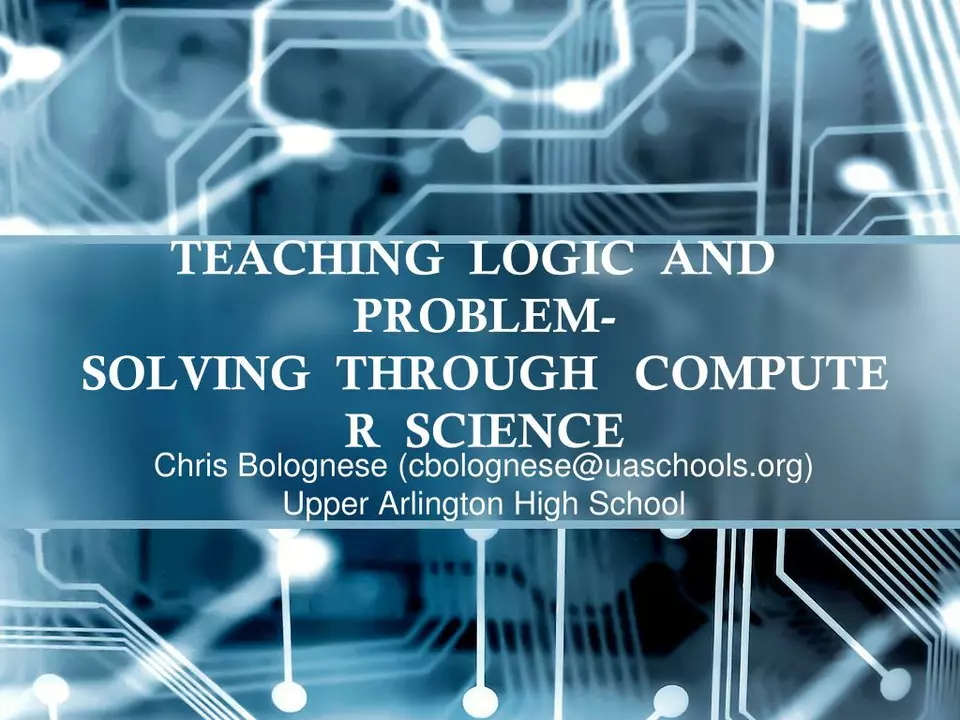Technology Tag – What’s Hot in Tech Right Now
Welcome to the technology hub of Geeky Bits Haven. Here you’ll find straight‑to‑the‑point articles that answer the questions you actually care about – like where tech careers are heading, what quantum technology means for everyday life, and why a simple pitch report matters for fans of fast‑paced cricket.
Where Are Tech Jobs Headed?
If you’re wondering what the job market will look like in five years, you’re not alone. One of our most read pieces breaks down the shift toward AI, machine learning, and data science roles. Companies are already hunting for people who can train models, clean massive data sets, and keep AI systems safe. Remote work isn’t just a pandemic perk; it’s becoming the norm, so expect more job listings that let you work from anywhere.
Cybersecurity is another hot spot. As digital threats get smarter, businesses are paying big bucks for experts who can protect networks and data. The takeaway? Keep sharpening your coding skills, learn the basics of cloud security, and stay curious about new AI tools. Those are the tickets that will keep you in demand.
Quantum Technology Made Simple
Quantum tech sounds like something out of a sci‑fi movie, but the core idea is easier than it sounds. It’s all about using the weird behavior of tiny particles to process information faster than classic computers. Think of it as taking a regular computer and giving it a super‑charged brain that can solve certain problems in seconds instead of years.
Why should you care? In the near future, quantum computers could crack encryption, speed up drug discovery, and make simulations of complex systems more accurate. This means new jobs, new products, and a whole wave of startups looking for people who understand both physics and software. If you’ve ever tinkered with a Raspberry Pi, you already have the maker mindset that quantum developers need.
Our tag page also surfaces quirky reads that aren’t strictly tech but still vibe with the community. For instance, the latest pitch report from Pallekele gives cricket fans a tech‑savvy angle on how surface conditions impact gameplay. Meanwhile, a fresh batch of Free Fire Max redeem codes shows how gaming and digital rewards intersect with real‑world marketing.
All these pieces share one thing: they’re practical, quick to read, and aimed at helping you stay ahead of the curve. Whether you’re a student gearing up for a tech career, a hobbyist curious about quantum breakthroughs, or just someone who wants the newest gaming codes, the technology tag has you covered.
So scroll, click, and grab the insights that matter most to you. Keep checking back because the tech world moves fast, and we’ll keep the best stories right here, ready for you to read.
Has technology made teaching high school students easier?
Oh boy, high school students and technology - a combo as classic as peanut butter and jelly! In my humble, blogger opinion, tech has indeed made teaching these whippersnappers a bit easier. It's like having an extra set of virtual hands! Interactive learning tools, online homework assignments, and instant feedback features have turned the teaching game into a lean, mean, education machine. But hey, let's not forget the 'fun' in 'functional' - from digital quizzes to virtual reality field trips, tech has definitely added a dash of spice to the age-old recipe of teaching. So, teachers, let's raise our coffee mugs to technology for easing our burden and making learning a blast for our students!
View MoreHow does Science and Technology benefit one another?
Science and technology are two sides of the same coin, each driving the other forward. Technological advancements often rely on scientific discoveries, and similarly, new scientific research is made possible by technological innovations. For instance, the development of the microscope opened up a whole new world of scientific exploration. On the flip side, scientific theories often inspire the creation of new technologies. Thus, the symbiotic relationship between science and technology is key to the progression of our world.
View MoreWhat is basic science and technology?
As a blogger, I've come to understand that basic science and technology are fundamental aspects of our everyday lives. Essentially, basic science is the study of the natural world, delving into its principles and laws, while technology involves applying this scientific knowledge to develop practical solutions. These two fields work hand-in-hand, constantly evolving and pushing the boundaries of what we know and can achieve. Personally, I find it fascinating to explore both the theoretical and practical aspects of science and technology. In summary, basic science and technology are pillars of human progress, driving innovation and shaping the world we live in.
View MoreIs the word “tech” replacing the word “technology”?
The article examines the use of the word "tech" as an increasingly popular shorthand for the word "technology". It suggests that this usage is growing due to the rise of the tech industry, with the term referring to both the industry and the products created by it. It also notes that tech is often used to describe the ease of use of a product, suggesting that tech is used as a synonym for usability. Finally, it argues that the word "tech" is likely to continue to be used more frequently than "technology" in the future.
View MoreHow does one become a technology job recruiter?
Technology job recruiters are responsible for connecting job seekers with employers in the technology industry. They are responsible for sourcing and screening potential candidates, interviewing applicants, and making hiring decisions. To become a technology job recruiter, it is important to have a strong knowledge of the technology industry, as well as a good understanding of the recruitment process. Recruiters should also have excellent communication and interpersonal skills, and be comfortable using technology and social media to interact with potential candidates. Additionally, a degree in a related field, such as human resources, can be beneficial for those interested in pursuing a career in technology job recruitment.
View MoreWhat are some limits of quantum computing?
Quantum computing is a powerful tool for solving complex problems, but there are certain limitations that need to be taken into account. These limitations include the fragility of quantum systems, the high cost of creating and maintaining the necessary infrastructure, and the difficulty of programming quantum computers. Additionally, there are some physical limits to the potential of quantum computing, such as the speed of light and the finite amount of energy available. Despite these limitations, quantum computers are continuing to make progress and will likely soon become a common part of our computing landscape.
View More




